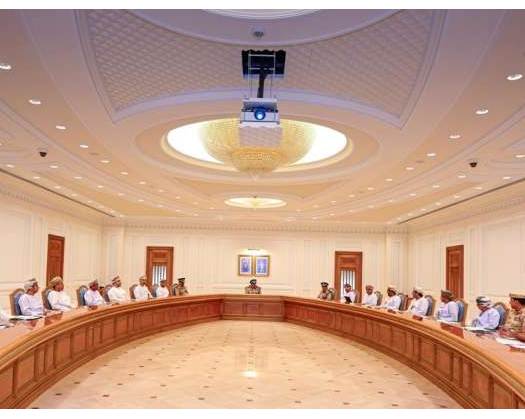Muscat: On Monday, the Indian rupee reached an unprecedented low, surpassing 87 against the US dollar for the first time.
In Oman, exchange houses are quoting 225.80 for one OMR. R. Madhusoodanan, a financial expert and former SBI official based in Muscat, informed Times of Oman that the INR peaked at 87.29 during the day and ultimately settled at 87.1850.
The decline can be attributed to both domestic and international factors. Announcements by Donald Trump regarding increased tariffs on Mexico, Canada, and China have raised concerns about a potential trade war.
This situation has also led to a weakening of Asian currencies, with the INR being no exception. The dollar index (DXY) rose to 109.88, reflecting a robust US dollar environment.
Continued forex outflows from India are exerting additional pressure on the rupee. Foreign institutional investors (FIIs) have been withdrawing funds from the Indian stock market due to uncertainties surrounding global trade and the rising Dollar Index. In January 2025 alone, FIIs sold securities valued at over 87,000 crores.
India's forex reserves, which stood at over USD 700 billion in September 2024, have now decreased to $624 billion. Historically, the Reserve Bank of India (RBI) has actively intervened in the forex market to mitigate rupee volatility.
It is noteworthy that the Indian rupee has not depreciated disproportionately compared to other Asian currencies. The RBI's policy review scheduled for next week may provide insights into short-term rupee movements.
Madhusoodanan also mentioned that the Indian diaspora and exporters are benefiting from the rupee's depreciation, as it enhances the value of their earnings. However, the increased volatility of the INR poses challenges for the Indian economy, impacting various key economic indicators.
The export reforms introduced in the recent Union Budget could have a favorable effect on the country's trade deficit. Madhusoodanan suggested that it might be prudent for the government to reconsider the decision regarding the duty cut (BCD) on gold, platinum, and electronic goods, which was announced in the interim budget (2024), in order to address the Current Account Deficit (CAD) of the nation.








